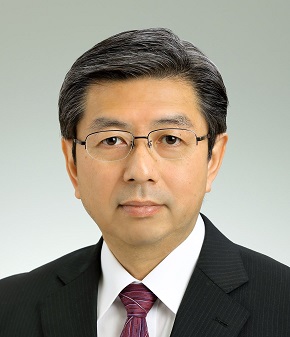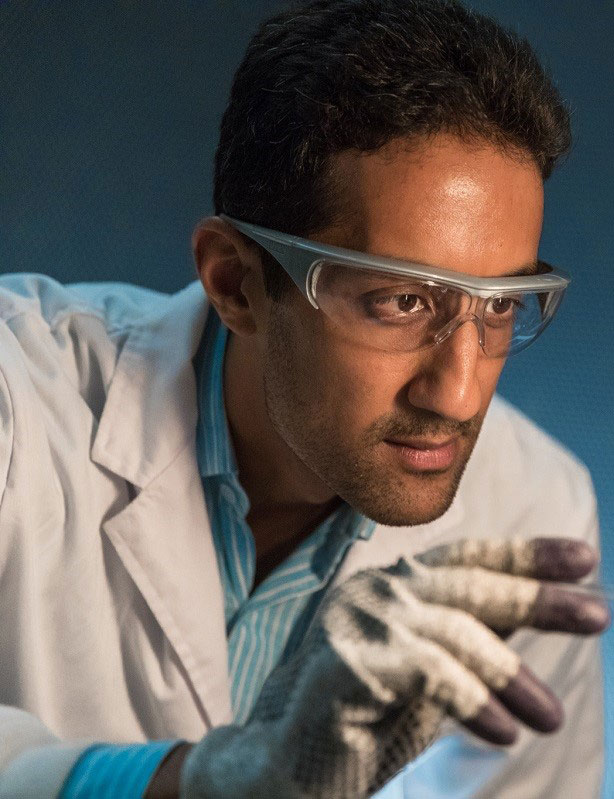|
|
Invited Speakers
Bilger Lecturer
Professor Hideaki KOBAYASHI, Tohoku University, Japan.
Combustion of Ammonia and Hydrogen in Gas Turbines
 |
- Research area
- Thermal Engineering, Combustion Engineering, Aerospace Engineering
- Research subject
-
- Combustion in high pressure environment
- Supersonic combustion
- Microgravity combustion
- Keywords
- Combustion, Aerospace, Environment, Energy
- Society
- The Japan Society of Mechanical Engineers, Combustion Society of Japan, The Japan Society for Aeronautical and Space Sciences, The Combustion Institute
|
Keynote Speakers
Professor Peter Lindstedt, Imperial College London, UK.
Fundamental aspects of ammonia oxidation
 |
Peter Lindstedt studied at Chalmers Tekniska Högskola, Göteborg, Sweden, where he received a MEng in Chemical Engineering in 1980. At Imperial College London, Peter received a PhD from the Department of Chemical Engineering, where he also worked as a research associate. He then moved to Mechanical Engineering, where he has worked as a lecturer and reader. He was awarded the title Professor of Thermofluids in 1999. Peter served as head of the Thermofluids Division from 2000 to 2010, as Director of Research from 2003 to 2013 and as deputy head of Department from 2007-2013. He was elected Consul for the Faculty of Engineering and Business School for the period 2013 to 2016 and Senior Consul from 2017 to 2019
|
Professor Graham Nathan, University of Adelaide.
Hydrogen to power Australian industry: Cement, Aluminium and Steel
 |
Professor Nathan is the founding Director of The University of Adelaide’s Centre for Energy Technology, Research Director of the Heavy Industry Low-carbon Transition (HILT) CRC, a Fellow of the Combustion Institute, a recipient of a Discovery Outstanding Researcher Award from the Australian Research Council and an ATSE KH Sutherland medalist. He has led the development of 3 technology platforms to ongoing commercial use, including the ceremonial flame technology that was first implemented in the Relay Torch for the Sydney Olympic Games. He presently leads Solar Fuels program in the ARENA funded Australian Solar Thermal Research Institute and another ARENA funded program that is targetting cost-effective methods with which to implement up to 50% solar thermal energy into the Bayer alumina process. He has published some 250 papers in international journals, 280 peer reviewed conferences and 11 patents.
|
Associate Professor Mani Sarathy, King Abdullah University of Science and Technology, Saudi Arabia.
A functional-group-based approach to modeling real-fuel combustion chemistry
 |
Mani is currently Senior Manager of Technology and Innovation at NEOM Hydrogen and Green Fuels. He is also Associate Professor of Chemical Engineering and Associate Director of the Clean Combustion Research Center (CCRC) at KAUST.
He received my PhD and M.A.Sc. degrees in Environmental and Chemical Engineering at the University of Toronto and B.A.Sc. in Environmental Engineering Chemical Specialization from the University of Waterloo. He was named a Clarivate Analytics Highly Cited Researcher three times in the field of Engineering
His research interest is in developing sustainable energy technologies with decreased net environmental impact. A major thrust of his research is using simulations to design fuels, engines, and reactors.
|
Professor Andreas Kronenburg, University of Stuttgart, Germany.
Modelling particle synthesis in turbulent flames
 |
Andreas Kronenburg is professor for combustion at the University of Stuttgart. He graduated from RWTH Aachen in 1994 and received his PhD at the University of Sydney four years later. He then worked for DaimlerChrysler prior to moving to Imperial College London where he was first governor’s lecturer and then reader of Combustion. Andreas was appointed professor at Stuttgart in 2009 where he now holds the chair of combustion and is director of the institute for combustion technology. His current research is dedicated to the modelling and simulation of turbulent, multiphase reacting flows with specific focus on nanoparticle flame synthesis, solid fuel combustion and flash boiling processes.
|
|